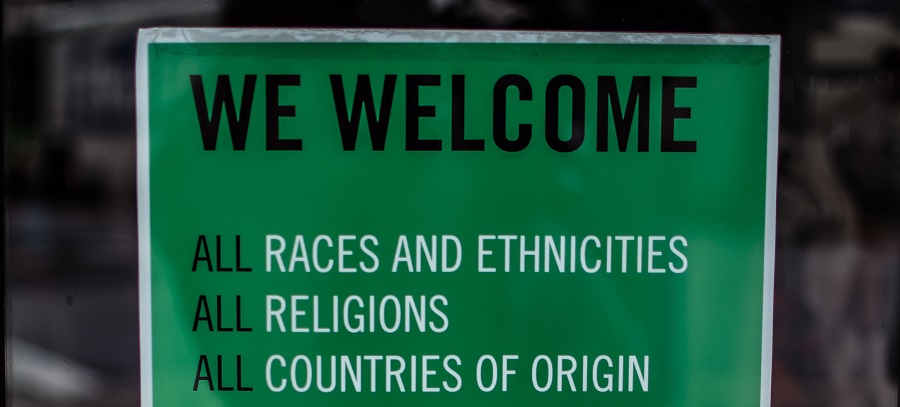Quebec Admitted Significantly Fewer Skilled Workers in 2019 Despite Labour Shortage
Based on Quebec’s promise to cut immigration by 20 percent last year, it should be unsurprising that immigration levels in Quebec did, in fact, decrease dramatically in 2019, according to data from Immigration, Refugees, and Citizenship Canada.
According to the Montreal Gazette, the number of immigrants admitted to Quebec last year dropped from 51,125 in 2018 to 40,545 in 2019 – a decrease of 20.7 per cent. This is just slightly higher than the 20 per cent decrease Quebec Premier François Legault had pledged to carry out last year.
The city of Montreal was hit hardest by the cuts, with 9,000 fewer immigrants arriving in the region last year. In comparison, the immigration figures for Quebec’s smaller municipalities remained stable, but still low. For instance:
- Shawinigan welcomed only 25 immigrants in 2019
- Rouyn-Noranda and Sept-Îles each accepted just 40 immigrants
- Baie-Comeau and Thetford Mines had as little as 10 newcomers arrive
It’s also important to note that Quebec admitted fewer skilled workers from specialized fields like nursing, computer engineering, and computer programming. This is surprising, considering Quebec is currently experiencing the worst labour shortage in Canada and is struggling to fill these types of positions. In fact, the Montreal Gazette reported that across all fields, there are currently 137,000 job vacancies throughout the province of Quebec.
Quebec’s largest employers’ group, the Conseil du patronat du Québec, reacted to the news of the cuts and appealed to the provincial government to increase immigration in an official statement, which stated:
“We can see the immediate effect of an overly strict immigration policy. The government needs to rectify this quickly, because for a long time now our businesses have been suffering from the labour shortage effects and are asking the government to help them by raising the immigration thresholds.”
Legault’s justification for the cuts was that the province had not been doing an adequate job when it came to integrating newcomers or choosing skilled workers that fulfilled Quebec’s labour needs. However, it should also be noted that since the cuts were made, Legault has promised to increase immigration again by 2022.
Immigration on the Rise in Other Provinces
The immigration situation in Quebec is a stark contrast to the state of immigration throughout the rest of Canada, as most other provinces have been welcoming an increased number of newcomers over the past year.
In Ontario, the number of newcomers admitted to the province increased by 11.5 per cent in 2019, and the city of Toronto alone welcomed 117,720 new immigrants last year.
Meanwhile, Manitoba’s immigration rate also rose by 24 per cent, New Brunswick’s by 30 per cent, and Nova Scotia’s by 33 per cent.
These immigration increases being reported across Canada are to be expected, as they are in line with the federal government’s plans to welcome an additional 350,000 to 400,000 immigrants per year by 2021.
The government will achieve this growth in part due to a new upcoming immigration program called the Municipal Nominee Program, which aims to allow smaller cities and towns to sponsor newcomers to immigrate to their communities and fill labour shortages. Once launched, the program would provide municipalities with up to 5,000 new immigration spots every year.
It’s unknown when this program will be launched, but until then, it’s hopeful to see strides being made increase immigration rates across Canada.
Share this article
Arghavan Gerami
Arghavan Gerami is the Founder and Senior Counsel at Gerami Law Professional Corporation ('PC'), a full-service immigration law firm in Ottawa, Ontario. Since 2011, Ms. Gerami has focused her practice on immigration and refugee litigation. Prior to that, Ms. Gerami worked at the Ministry of Attorney General and the Department of Justice and had the privilege of serving the Honourable Mr. Justice M. Evans at the Federal Court of Appeal on immigration and administrative law appeals. Ms. Gerami contributes to the Immigration Law Section of the Canadian Bar Association, the Canadian Association of Refugee Lawyers, and the United Nations High Commissioner for Refugees. Ms. Gerami has also published numerous journal articles and presented at various immigration and refugee law conferences and events across Canada.

